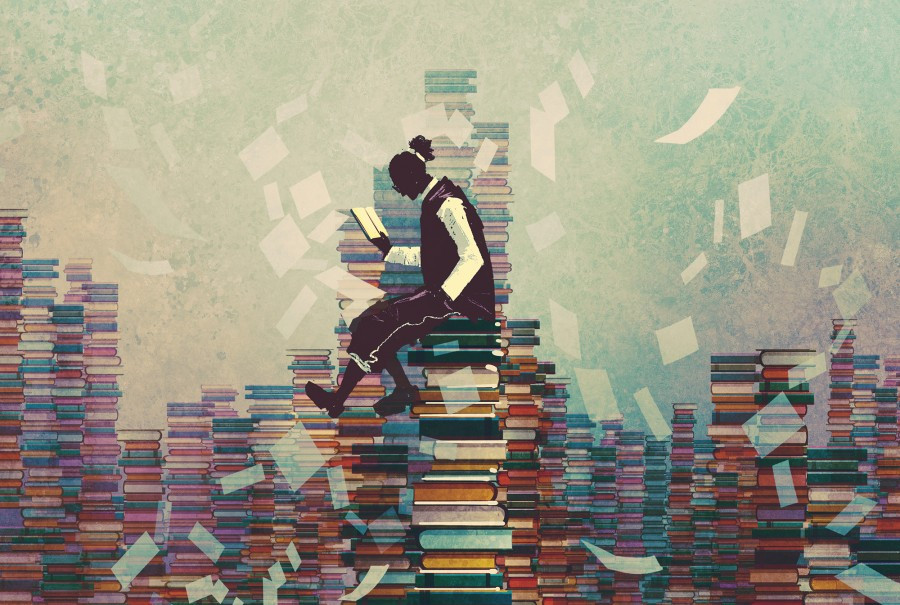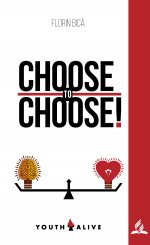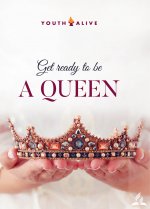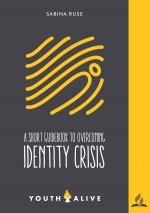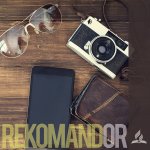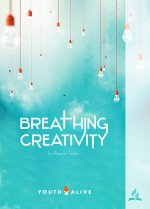We live in a society focused on consumption, that wastes all natural and human resources. Before we get the chance to consume, it consumes us. One of the most important resources that gets wasted today excessively is time: such a precious good, a right for each of us.
Unfortunately, nowadays, we are not the ones who use time, but rather we’re used by time. In other words, our time is consumed by the great social and economic hamster wheel in which we live. Under these circumstances, we no longer have our personal time, but we dispose of spare time, an even more abstract and theoretical concept, because our free time is also increasingly constrained and limited.
For many of us, one of our favorite leisure activities is reading. However, living constantly under the pressures of our contemporary society, we end up asking the following questions: How much did we read today? Is reading still relevant? To what extent does the abundance of information coming from all media influence our everyday life?
The problem with all the information we receive has to do with veracity - what is fake news or not, on the one hand, and, on the other hand, the lack of a hierarchy of importance and relevance.
At this point, personal reading - not just the news or newspapers (whether in print or online), but quality sources - is of great importance. In this context of chaotic and overwhelming information at every corner, filtering all we read or hear depends on each of us, on our ability to select, censor or hierarchize. And this ability is exercised precisely through reading, by the general culture that one can develop through reading.
Reading shapes a certain structure of the intellect, and any information is placed on this structure and connected to it, thus enriching it even more. If this structure doesn’t exist or if it’s shaky, it's as if you want to start building a house without a foundation - it's not possible. But this structure (of thought and knowledge), on which information (of any kind) is based, is much more solid when built in a classical, analogue way (by reading), instead of just digitally (from the Internet).
Reading develops general knowledge (or, in other words, "what remains after we forget everything"), the vocabulary and stimulates critical thinking, broadening the vision of the world. Reading is a form of exercise for the mind - it gives us ideas, teaches us new things, and shapes moral principles. Thus, the reader can reach a correct and balanced understanding of the world.
Books can make us more vigilant, because those who do not know too much can easily believe anything, while reading widens the horizon of knowledge and develops discernment. By reading, we can know the past (historical, religious, political, etc.) as individuals or as part of a nation or culture, and so we can better understand the present, which leads to a more reliable vision of the future (personal and collective).
When it comes to choosing a good book, I believe that personal interests and concerns guide us to a certain type of topic. We read in order to stay informed, for our own general knowledge, or we may read specialized literature from the field we work in. However, ultimately, these two fields often intertwine and complement one another.
When it comes to the books you can find in every library or bookstore, a certain selection should be used, because not all bestsellers deserve this title. If you want your time spent reading to be of high standards, don’t forget to choose wisely. Remember that reading must enrich your body and mind!
Sometimes we tend to read too much, without any reflections on what we read; other times we read too little, but we have the impression that we know a lot; we may read just about one subject in particular without realizing that such an approach is unbalanced.
So let's read wisely, with discernment, temperance and pleasure, and develop from each book valuable life principles and beautiful dreams.





